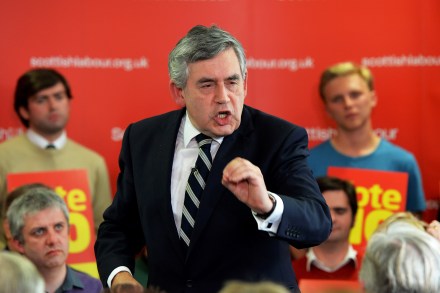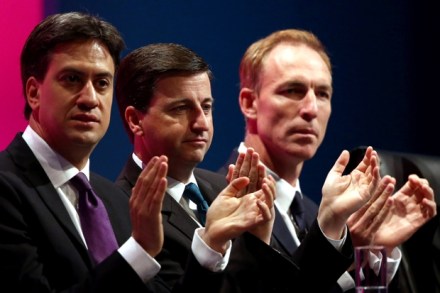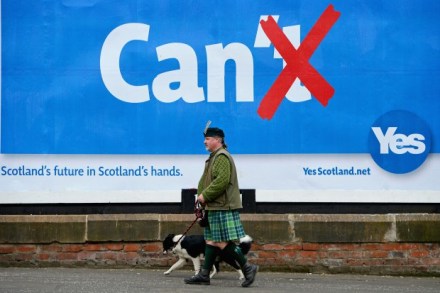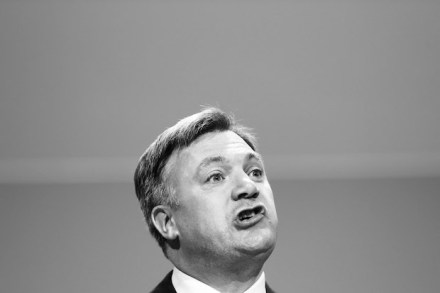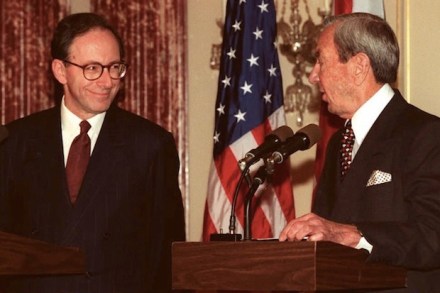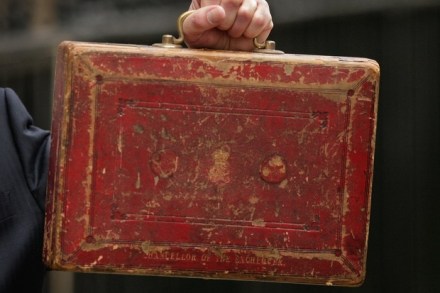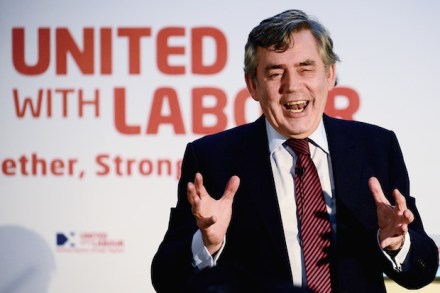Anas Sarwar is favourite to lead Scottish Labour
Now that Johann Lamont has quit as leader of Scottish Labour, bookies are now taking odds on her successor. Four of the eight most likely candidates are Westminster MPs and third-favourite is Gordon Brown himself. He’s struggling to find a role nowadays, and there’s not much demand for him in the international speaker circuit. His role in the referendum campaign was seen, by some, as decisive. So is it now time for him to settle down to a new fiefdom? He has some support. Here is Michael Connarty, Labour MP for Linlithgow and East Falkirk, on BBC Radio Scotland this morning:- “People are talking about Gordon Brown as leader. I think he should lead us
